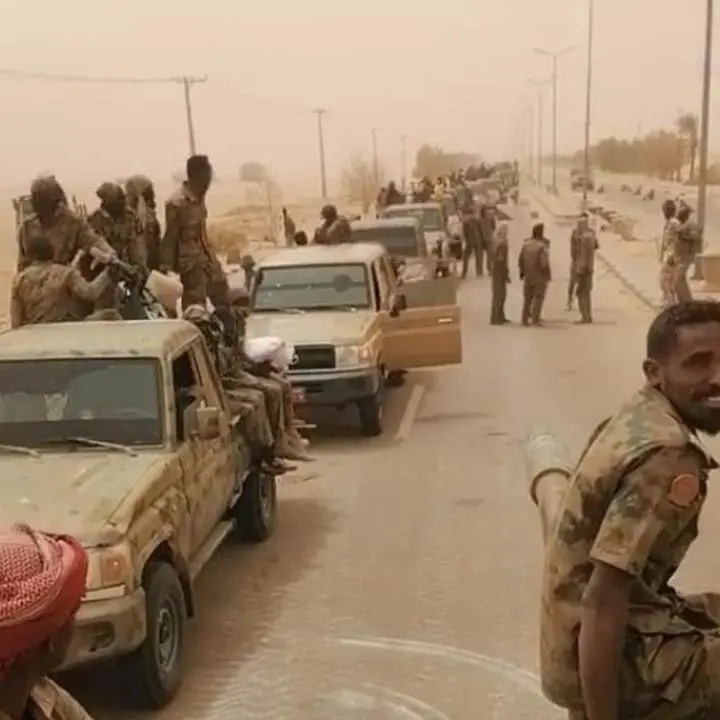Since the outbreak of the Sudanese civil war in April 2023 between the Sudanese Armed Forces (SAF) and the Rapid Support Forces (RSF), Egypt has been navigating a complex and delicate foreign policy challenge. Bound to Sudan by deep historical, geographical, and strategic ties, Cairo has sought to protect its national security, maintain regional stability, and safeguard vital resources — all while facing pressure to take a more decisive stance.
The article examines:
- Egypt’s cautious neutrality at the start of the conflict.
- The mounting humanitarian and security risks as fighting continues. The shift towards closer alignment with the SAF, amid growing U.S. condemnation of RSF atrocities, including genocide accusations.
- The need for regional and international coordination to bring the war to an end.
Mohamed Farid and Mohamed Maher argue that while Egypt has so far balanced diplomacy and limited involvement, the evolving crisis may require bolder action to protect both Egyptian and regional interests.
Key Points
- Egypt’s Strategic Dilemma
- Sudan’s stability is critical for Egypt’s national security, Nile water resources, and border safety.
- The SAF remains Sudan’s main state institution, but it has Islamist links.
- The RSF is a tribal-based militia with regional backing, seen as unreliable for building a democratic Sudan.
- Early Neutrality & Tensions
- Egypt initially pursued neutrality, engaging in mediation efforts with the U.S. and Saudi Arabia.
- Early clashes saw Egyptian soldiers captured by the RSF during joint exercises — later released via the Red Cross.
- RSF accused Egypt of direct military involvement; Egypt denied the claims.
- Shifting Regional Dynamics
- S. policy hardened against the RSF, labeling their actions as genocide.
- Regional powers (UAE, Saudi Arabia) and global actors (Russia, Iran, Ethiopia) influence the conflict.
- The war has triggered refugee flows into Egypt, resource strain, and security threats from extremist infiltration.
- Calls for a More Assertive Policy
- Egypt should support the SAF more decisively, while working to cut off regional backing for the RSF.
- Greater coordination with the U.S., Europe, Saudi Arabia, and UAE is essential to apply diplomatic and economic pressure.
- Egypt could play a leading role in post-war reconstruction and stabilization.
Core Values & Themes
- Regional stability as a national security priority.
- Opposition to militias and extremist influence in governance.
- Diplomatic leadership over military escalation — but readiness for decisive action if necessary.
- Humanitarian responsibility in addressing the refugee crisis and post-war recovery.

